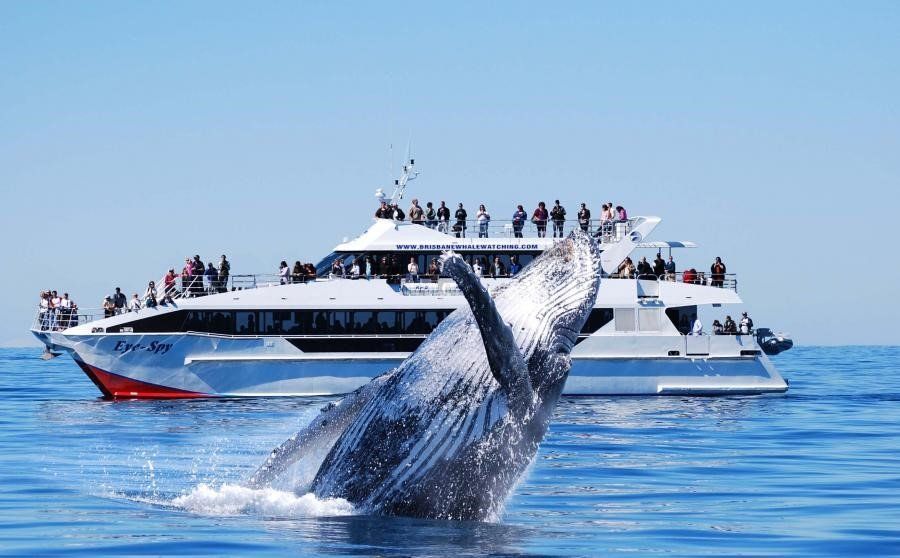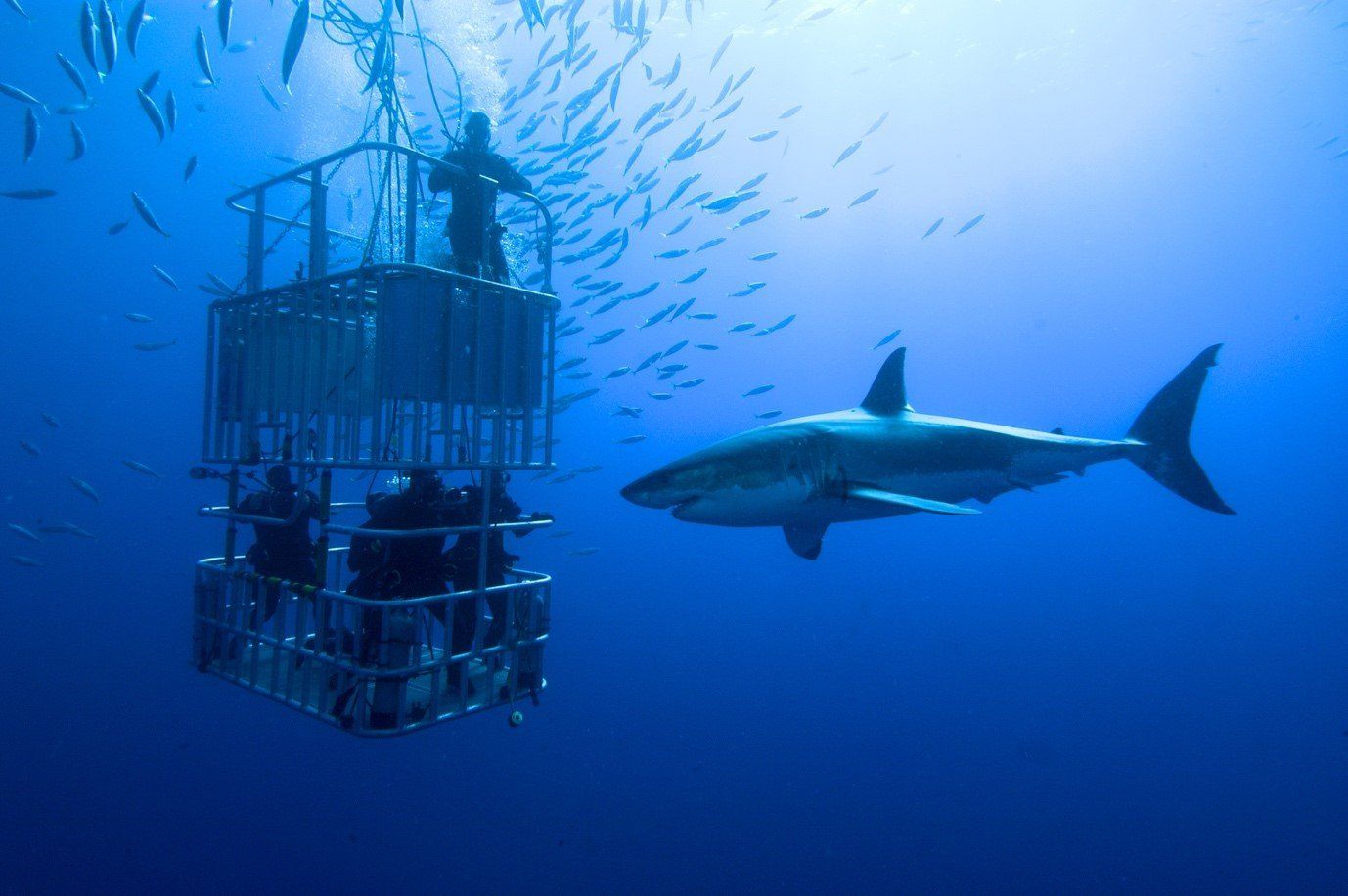Wildlife Experiences Boosting Conservation Action: A Case for Cage Diving.
The traditional negative image of sharks often results in insufficient public support and has acted as a barrier for many shark species to receive sufficient management and conservation. However, exposing tourists to sharks in their natural environment through cage diving has considerable potential to enhance people’s knowledge, attitudes and behaviours towards sharks and their conservation.
Wildlife tourism has been promoted as an activity that has the potential to contribute to conservation by enhancing environmental knowledge, attitudes and behaviours through providing people with first hand experiences with wildlife. Advocates of wildlife tourism believe that these intimae interactions create connections that can lead to greater environmental awareness and philanthropic support for conservation efforts. While others suggest that the main drive for tourists is purely entertainment consumption and that it is an unwarranted assumption that these interactions could lead to greater conservation support. Common wildlife tourism trips in the marine environment include whale watching, swimming with dolphins, and watching turtle eggs hatch.
Conservation support is often referred to as environmental stewardship or citizenship. This describes the link between an individual’s daily life and the responsible use and protection of the natural environment using sustainable practices. Such initiatives include speaking with others about environmental issues, donating money to environmental organisations, or writing letters to government officials about conservation concerns. The three ways the development of marine citizenship are personal attachment to the marine environment, marine education and avoiding unsustainable products. It is thought that by increasing the availability of information involving the marine environment has the potential to stimulate a higher level of concern and ultimately inspire a degree of marine citizenship to the general public.
The aim of environmental education looks to develop positive attitudes and behaviour towards environmental protection by conveying and gaining knowledge. There has been a growing attempt to incorporate the wildlife participation experience with conservation themed information. It is understood that direct exposure and emotional connections to wildlife can stimulate a genuine concern for a species and subsequently motivate future conservation behaviours. Charismatic megafauna such as dolphins and whales are often the focal point for marine wildlife tourism. Sharks ae not generally seen as being a part of these flagship species, the global decline in shark populations is a significant conservation issue that warrants immediate action. Despite being considered a disadvantage to coastal tourism previously, many dive sites now consider sharks as a main driver for tourists to visit their dive sites. The pressure from global shark fisheries alongside the growth of shark tourism highlights the necessity for these shark-based tourism experiences to emphasise conservation information and efforts.
Researchers worked with a cage diving business in South Australia to study how peoples perceptions and behaviours changed after the experience. The survey intended to measure five things. The first was self-reported change in awareness, understanding, attitude and concerns a result of the tour. The second analysed self-reported participation in shark conservation behaviour. The survey also asked for perception of tour quality in addition to self-assessed knowledge gain. Finally, respondents were asked to rate their emotional engagement during the cage diving experience. While the present study indicated participants gained knowledge and enjoyed their tour, it did not result in increased philanthropy. This could be due to limited resources or opportunities to donate money since the tour, and not necessarily a lack of intention to do so. The most significant relationship with increased conservation behaviour was emotional engagement. Cage diving offers an up close and personal experience with white sharks in their natural habitat and provide an element of thrill.
Tourists often consume wildlife experiences in the form of a short superficial visit leaving with a collection of photos, souvenirs, and memories. However, this study shows that even brief encounters can cause an overwhelming increase in participants awareness, understanding, attitudes and behaviour towards wildlife conservation.
Reference:
Apps, K., Dimmock, K., & Huveneers, C. (2018). Turning wildlife experiences into conservation action: Can white shark cage-dive tourism influence conservation behaviour?. Marine Policy , 88 , 108-115. https://doi.org/10.1016/j.marpol.2017.11.024
SHARE THIS ARTICLE















